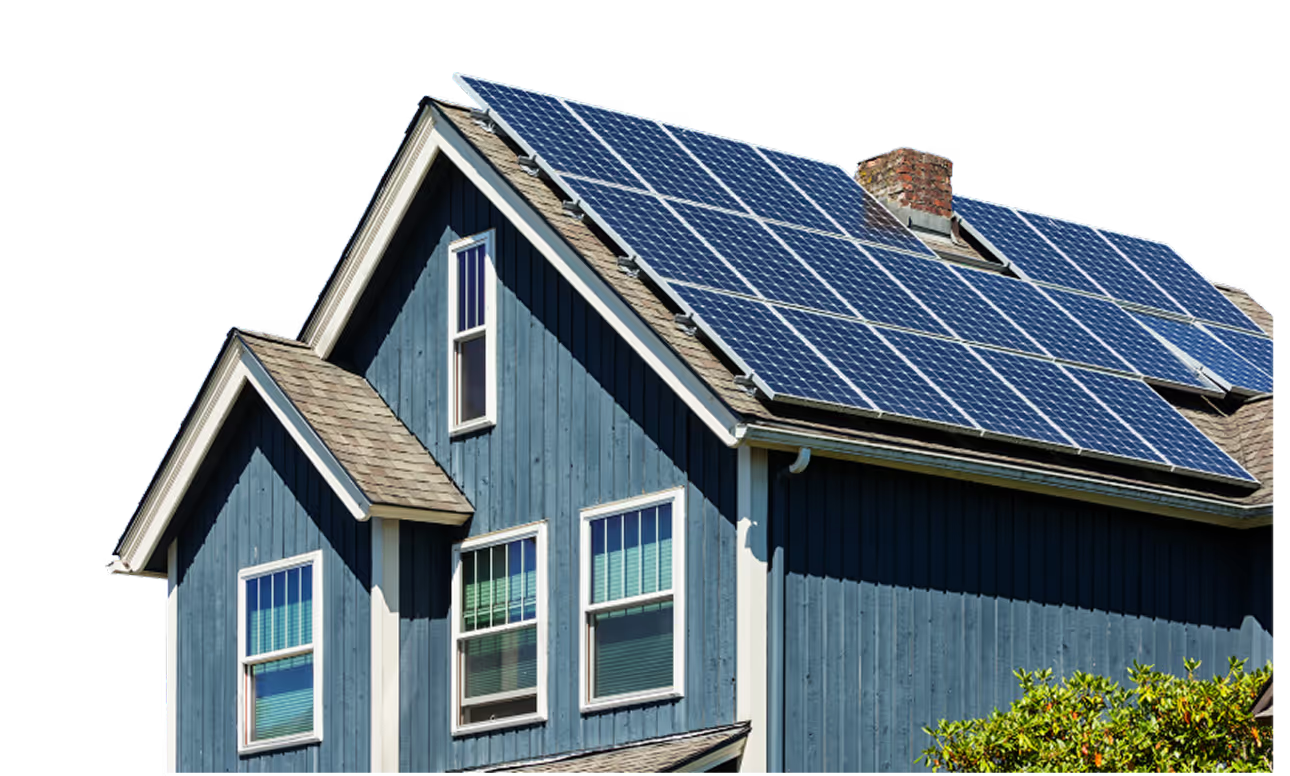
A growing number of Malaysian homeowners are investigating solar photovoltaic (PV) systems in response to rising electricity costs and the global trend toward sustainable energy. Due to its tropical environment, Malaysia is a great place for solar energy, providing a workable way to lower electricity prices and lessen carbon emissions.
Through the conversion of sunshine into useful power, solar PV technology enables homes to produce their own electricity. This provides financial incentives through government-backed programs in addition to reducing reliance on the national grid. Homeowners can save their utility costs, help the environment, and even sell extra electricity back to Tenaga Nasional Berhad (TNB) by installing solar photovoltaics.
This article explains solar photovoltaics (PV), its advantages, and how grid-connected systems and government incentives might help Malaysians maximise their use of solar energy.
What is Solar PV and How Does It Work?
The term “solar PV” describes a technology that uses semiconductor materials to turn sunlight into electrical power. The components of a typical solar PV system are solar panels, an inverter, optional battery storage, and a grid connection. Together, these components produce and control electricity effectively.
When solar panels collect sunlight and produce direct current (DC) electricity, the process starts. To make this DC electricity appropriate for home appliances, an inverter transforms it into alternating current (AC). A bidirectional meter can be used to export any extra electricity to the national grid or store it in batteries for later use. This guarantees that homeowners use as much solar energy as possible while lowering their reliance on traditional power sources.

Benefits of Solar PV for Malaysians
Lower Electricity Bills
The ability to generate electricity from sunlight is one of the main benefits of installing solar PV. With Malaysia’s plentiful sunshine, solar PV can offer a dependable and consistent energy source, reducing electricity bills by 30% to 50% each month.
Selling Excess Energy to TNB
Homeowners can generate credits on their electricity bills by selling excess electricity back to TNB through Malaysia’s Net Energy Metering (NEM) program, which increases the return on investment for their solar PV system.
Environmental Benefits
Homeowners who choose solar PV actively contribute to preserving the environment for future generations by reducing their dependency on fossil fuels and lowering carbon emissions, which supports Malaysia’s commitment to expanding the use of renewable energy sources and accomplishing sustainability goals.
Government Incentives and Rebates
The Malaysian government offers various incentives to encourage the adoption of solar energy. Tax rebates and grants help lower the initial installation costs, making solar PV more accessible to homeowners. These incentives make switching to renewable energy an even smarter financial decision.
Grid-Connected Photovoltaic Systems
Homeowners can use solar energy while still being connected to the national electrical grid by installing a grid-connected solar PV system. Even in situations where solar energy generation is minimal, like on overcast days or at night, this configuration guarantees that families always have a reliable power source.
Financial advantages are among the main advantages of grid-connected systems. Through NEM, homeowners can efficiently turn their solar PV installation into an income-generating investment by selling excess electricity to TNB. Costs are further decreased by not requiring costly battery storage when linked to the grid.
How Much Solar Electricity Can You Generate in Malaysia?
Malaysia is perfect for solar power generation because of its location close to the equator, which receives plenty of sunlight all year round. However, a number of variables affect how much electricity a solar PV system really generates, including:
Location & Sunlight Exposure: Areas with high levels of sunlight produce more electricity.
Panel Efficiency: More power is generated by higher-quality solar panels.
Installation Angle & Orientation: Optimal solar absorption is ensured by careful placement.
Case Studies in Malaysia
Solar PV has resulted in significant savings for many homeowners in Malaysia. For example, after converting to solar energy, Kuala Lumpur residents have experienced a 30%–50% decrease in their electricity expenses. In a similar vein, a Penang case study shown that a homeowner realised a return on investment (ROI) in just six years as a result of reduced electricity expenses and proceeds from the sale of excess energy.
Selling Solar Electricity in Malaysia
Steps to Sell Surplus Energy
Homeowners can follow these steps to sell excess solar electricity to TNB:
- Register for the NEM Program – Apply through the Sustainable Energy Development Authority (SEDA) Malaysia.
- Install a Bidirectional Meter – This device measures both energy consumption and exported electricity.
- Sell Surplus Power to TNB – Earn credits that reduce future electricity bills.
Financial Benefits of Selling Solar Electricity
In addition to reducing electricity costs, selling excess solar energy increases a solar PV system’s return on investment. Homeowners can turn their solar investment into a long-term financial asset by utilising Malaysia’s NEM program.
Solar PV is a smart and sustainable investment for Malaysian homeowners, offering financial savings, environmental benefits, and government-backed incentives. With the ability to reduce electricity bills, sell excess power, and support Malaysia’s clean energy goals, solar PV is an excellent choice for households looking to embrace renewable energy. If you’re ready to switch to solar energy, explore GetSolar’s RTO plans and use our solar assessment tool to find the best solar PV solution for your home today!

Rent-to-Own Solar. RM0 Upfront cost. Guaranteed Savings
Immediate ROI




Rent-to-Own Solar. RM0 Upfront cost. Guaranteed Savings
(10-Year RTO plan)
+ 10-Year Free Maintenance





.png)

.png)



